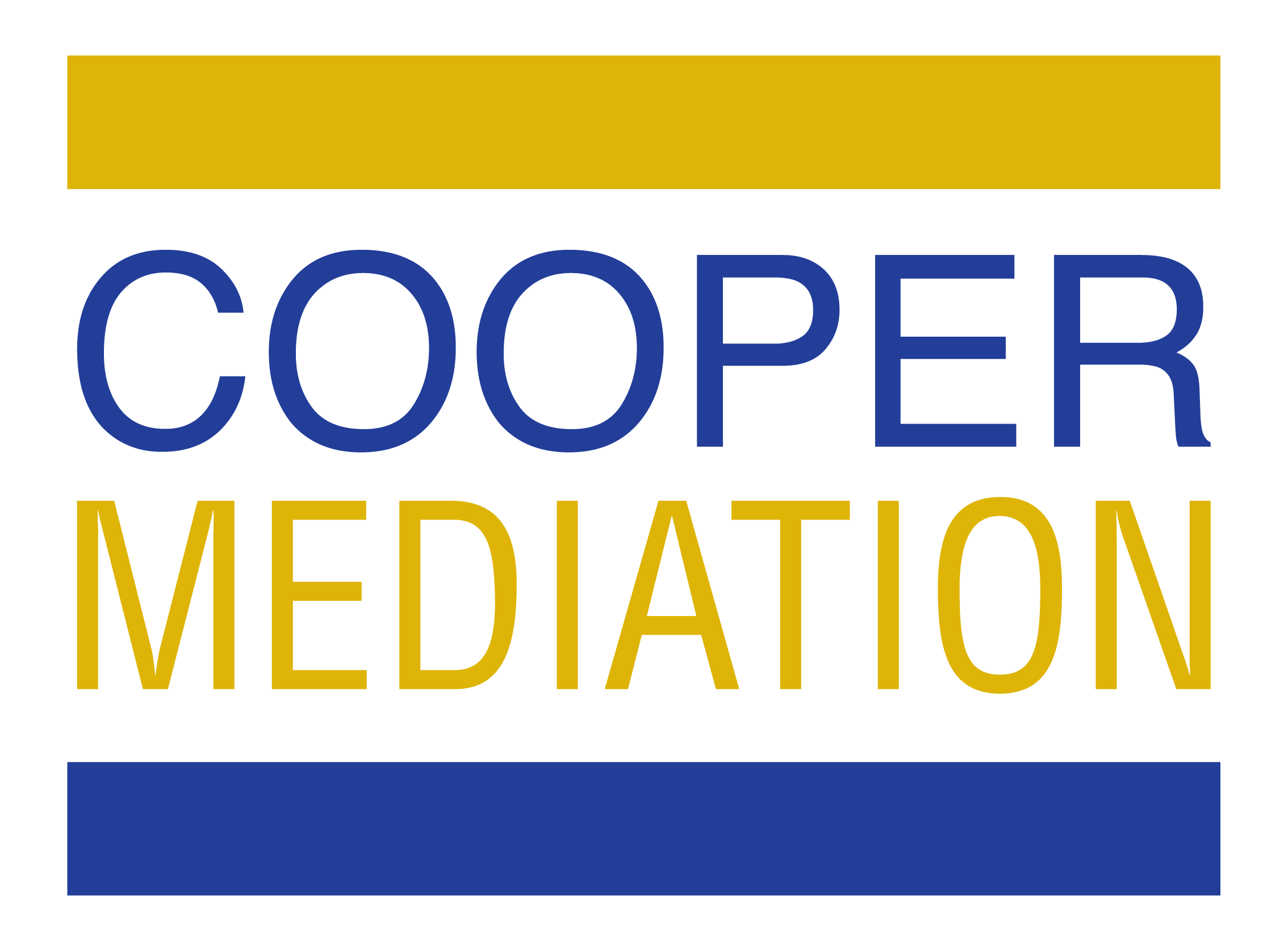
02 Feb Overcoming Barriers To Conflict Resolution
“And now for something completely different.” No, this isn’t a Monty Python sketch; it’s the moment when participants who are engaged in our adversarial legal system attempt to co-operate and work together. When you say it like that, it sounds almost absurd as one of those old skits.
How are you supposed to lay down your arms in the middle of a battle? There are no easy answers. But there are some things lawyers can do to better prepare themselves and their clients for this critical moment in litigation. In this blog, I outline three steps you can take to overcome common barriers to conflict resolution at mediation.
Get Into The Right Head Space
There’s no substitution for good preparation. Many people – plaintiff clients especially – may not be familiar with mediation. In addition to explaining the point of mediation, and why this part of our otherwise adversarial legal system is so different, it is essential to ensure your client is emotionally prepared for this meeting.
In disputes where there is a significant loss, feelings around grief may still be unresolved for some participants. How are participants feeling prior to a mediation and what is their motivation for proceeding with a case? If you don’t understand these feelings, or choose to ignore them, you will be unprepared for when they (almost inevitably) emerge in some manner during a mediation session.
Mediation is a time when co-operation and open communication is key. If there are strong feelings present, don’t try to bury them; acknowledge them and explain them if possible. Simply by naming what a participant may be feeling can demystify things and ease tensions. Recognize that these feelings may not be resolved before or even during mediation, but they are not an insurmountable barrier if time is taken to think about how they might affect decision-making.
It’s All About Money. Well, Not Always
If you think dealing with a claim is simply a zero-sum game dealing entirely with deciding monetary matters, it makes things much more difficult at the mediation table. Obviously, money is a very significant factor in many cases at mediation, but it’s not the only factor.
What interests are shared by the parties? Are there non-monetary issues and interests where agreement can be more readily found? For example, is there a way to ensure all parties can feel lessons of a tragic personal injury have been learned to prevent it from happening to anyone else? Can the parties use this opportunity to work together to foster goodwill and trust before other matters are discussed?
Even when it comes to money, preparing clients for the benefits of a negotiated settlement at mediation is a little different from talking about the scope of a claim and what they could recover at trial. Certainty is almost always preferable to chance. If a bird in the hand is worth two in the bush, take the time to explain how mediation presents an opportunity for an “everybody wins” scenario.
Put Your Best Foot Forward
First impressions are extremely important – here’s your second chance to make one. When parties are meeting in person at mediation, they probably already have an impression of the other party. They will have read the statements of claim/defence, the mediation brief, and perhaps some participants may have spoken on the phone or had email discussions. If the parties have had personal dealings, such as meeting in an accident scene, this will be a 2nd meeting.
Lawyers have met opposing parties at examinations for discovery.
You will have probably formed some opinions about your “opponent,” and vice versa. Now it’s time to make a first impression as collaborators. If you take the view that mediation is a project that is part of the overall case, you can approach it somewhat distinctly.
If you are prepared to negotiate earnestly in a fully informed manner with the hope of reaching a mutually agreeable solution, you have a common goal and at least some common interests with the other parties at the table. Present yourself as someone who is ready to work with, not against, the other parties. While acknowledging that you may not see eye-to-eye on all issues, if you actively listen, show respect for differing viewpoints, and are empathetic for others in these challenging circumstances, you can foster much goodwill.
Conclusion
If you’re dreading mediation, you or your client are probably not well prepared for it. When facing an imposing wall or obstacle in conflict resolution, give yourself a pep talk (yes, you can do this!) and dive into the advance work you’ll need to give it every chance of success. Remember, if you approach mediation with a positive attitude and you are prepared to make the most out of whatever transpires, you’ve already climbed over that first mountain.
ABOUT THE AUTHOR
 Logan Cooper joined the Cooper Mediation team in November, 2017 and now devotes 100% of her professional time to mediation. Contact Logan at: logan@coopermediation.ca or (416) 726-1344. Alternatively, you may view Logan’s Online Calendar to book a mediation: www.coopermediation.ca/logan-coopers-online-calendar/.
Logan Cooper joined the Cooper Mediation team in November, 2017 and now devotes 100% of her professional time to mediation. Contact Logan at: logan@coopermediation.ca or (416) 726-1344. Alternatively, you may view Logan’s Online Calendar to book a mediation: www.coopermediation.ca/logan-coopers-online-calendar/.
“[Logan’s] strengths are her obvious intelligence, ability and (dare I say it?) training…” – Senior Defence Counsel
